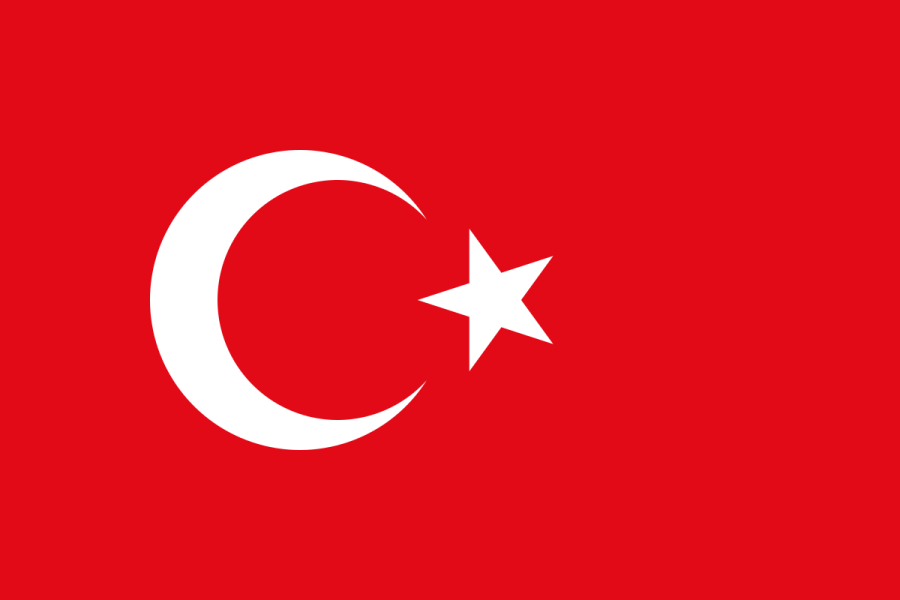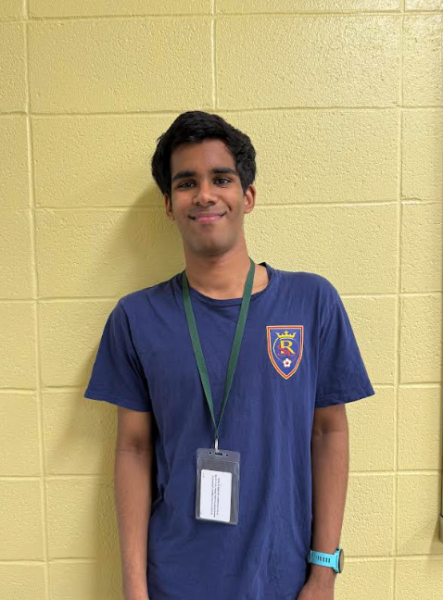2023 Turkey Election: A Preview
May 5, 2023
In a couple of weeks, voters will be casting their ballots with the future of Turkey on the line. The outcome of this vote will also heavily impact Turkey’s position in NATO and the current Russo-Ukrainian war. The current President of Turkey, Recep Tayyip Erdoğan, has ruled Turkey for 20 years and he plans to run again in the upcoming election.
His main opponent is Kemal Kilicdaroglu, the head of Turkey’s largest opposition party. According to the Brookings Institute, in a recent Metropoll survey, 43.5% of people said that they would consider voting for Erdoğan while 51.6% said that they will not. Erdoğan’s support has dropped in recent years as many citizens blame the current state of the economy on his unorthodox policies. He has been known to disregard expert opinions on increasing interest rates. He has been a staunch believer in low interest rates, even after seeing its effect on the economy. He has yet to change the system claiming the worst is now over.
Recently, Turkey has been struggling economically with high rates of inflation all across the country. According to Reuters, in the past year alone, inflation has skyrocketed from being around 19% to reaching 85% in October of 2022. It has still yet to go under 50% as of April 2023. His opponent Kemal Kilicdaroglu has stated that he and his party are working on solutions to finally end this economic crisis and he hopes to bring balance back to the government.
Inflation isn’t the only problem that will be left on the future Turkish ruler’s shoulders. The effects from the devastating February 6th earthquake are still present after more than 46,000 people were killed and more than three million people were displaced. Humanitarian and infrastructural aid is a critical problem for the future leader to address. So far, adequate response from the Turkish government has been, for the most part, missing. There are several reasons for the Turkish government’s passiveness towards this crisis but miscommunication is certainly a main consideration.
It could be argued that adequate aid was provided. According to Middle East Eye, “Twenty-six neighbouring provinces sent rescue teams. Helicopters air-lifted victims. Mobile hospitals and food trucks delivered services. There was even a police response team to keep the relatives of the victims away from the affected areas.” The main assumption which this entire safety plan leaned on was that “the people could communicate with other people on the ground,” according to a person close to the interior ministry. This plan was especially flawed because communication channels were apparently down in Hatay and a few other provinces. It is expected that cell communication could not be accessed but service providers promised earlier that digital communication would be functionable. “Everyone did their best in Afad, but this was beyond our capacity,” a Turkish senior official admitted to the Middle East Eye.
As a result of this crisis, the Turkish government has received backlash from the public in different views. A considerable chunk of the population continue to blame the Turkish government for their idle participation in the aftermath of the crisis. However, there is also a good amount of people who blame Erdoğan’s ruling party for prioritizing construction and infrastructure growth over seismic safety procedures. Through carelessness to construct buildings both as high and as quickly as possible, the buildings ended up being built with poor quality materials and not enough cement or sand was utilized. This is a key point that the public emphasized as had the buildings been built with solid, high-quality materials, the quake would have likely taken less of a toll on the infrastructure.
Despite the main focus of Erdoğan’s party’s problems, Mr. Kilicdaroglu and his opposition party also face significant challenges in their quest to dethrone Mr. Erdoğan. Mr. Kilicdaroglu’s party has consistently been struggling to form unity with the entire party. This is especially concerning because it “questions how effectively its members can work together,” according to The New York Times. Kilicdaroglu’s ability to bring his party together will be a critical component in the coming election. However, some analysts think that even if Kilicdargolu wins the election, there is no guarantee that Erdoğan will give up his power without struggle. All we can do now is to wait and see what the results of the election will hold.


















































































































































